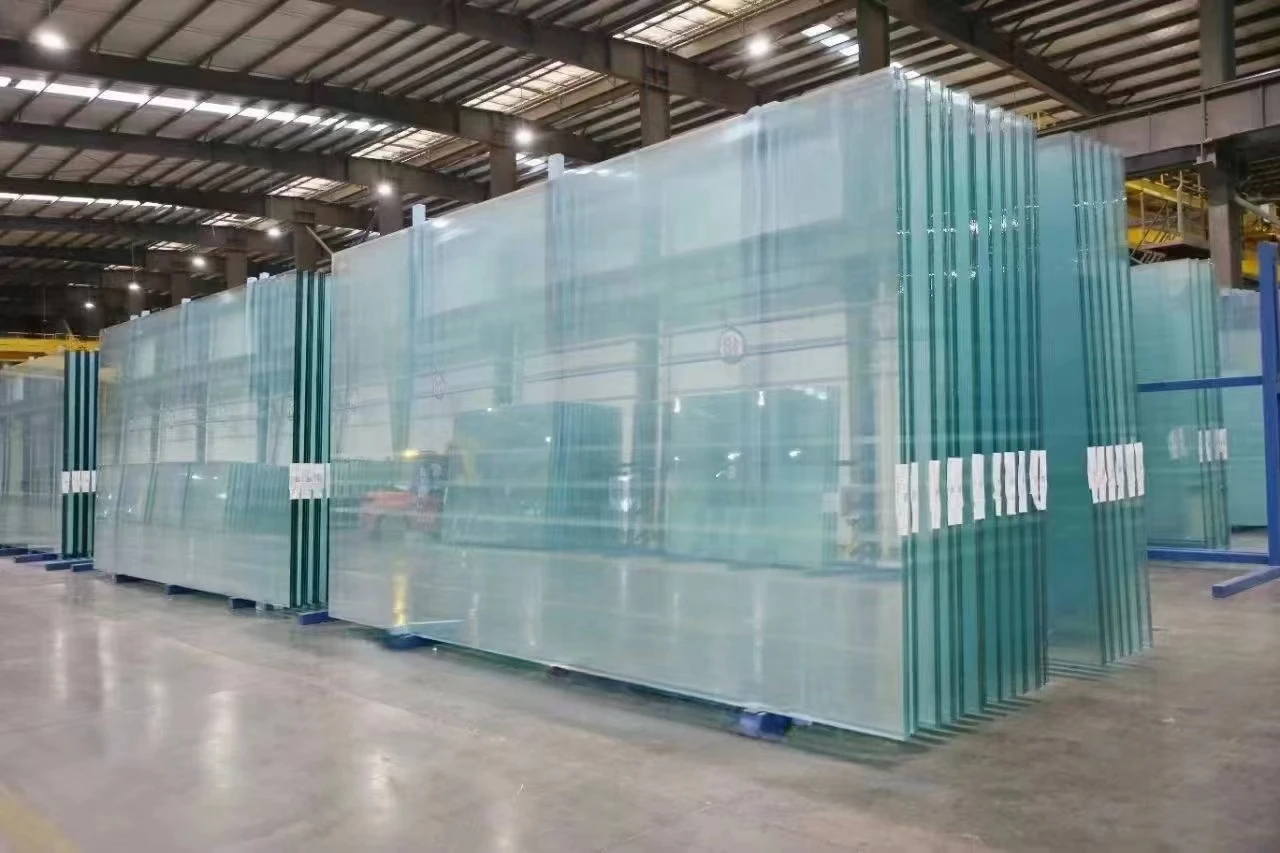Understanding the Importance of Acid for Glass A Comprehensive Guide
When delving into the world of glass manufacturing and treatment, one cannot overlook the significant role that acids play in shaping, finishing, and enhancing glass products. Acid treatments are pivotal in various processes, from etching decorative patterns on glass to refining durability through surface processes. In this article, we will explore the importance of acids in the glass industry, focusing on their applications, benefits, and considerations.
The Role of Acids in Glass Treatment
Acids are used in the glass industry primarily for etching and cleaning purposes. One of the most common acids used is hydrofluoric acid (HF), which has the unique ability to react with silica, the main component of glass. This reaction allows for the selective removal of surface materials, enabling the creation of intricate designs and textures on glass surfaces. This etching process is not only aesthetically pleasing but also serves functional purposes, such as improving grip on glass surfaces in certain applications.
In addition to hydrofluoric acid, other acids like sulfuric acid and phosphoric acid may also play roles in the surface treatment of glass. These acids can help to clean glass surfaces, removing impurities and preparing them for further treatments like coating or laminating.
Applications of Acid-Treated Glass
The applications of acid-treated glass are numerous and varied. In the architectural field, acid-etched glass is frequently used in facades and interior designs, providing privacy without compromising natural light. The soft, translucent finish created by acid etching adds an elegant touch to existing structures.
In the automotive industry, acid treatments are applied to enhance the strength and thermal properties of glass used in vehicles. Tinted and acid-etched glass not only meet regulatory requirements but also contribute to aesthetic designs while ensuring safety and functionality for car passengers.
In the realm of electronics, acid etching is crucial for producing glass substrates used in displays and screens. The ability to create precise and delicate patterns on the glass surface caters to the demands of modern technology, ensuring that devices are both visually appealing and structurally sound.
acid for glass
Benefits of Using Acids in Glass Manufacturing
The benefits of utilizing acids in glass manufacturing and treatment are multifold. First and foremost, acid treatments can significantly improve the aesthetic appeal of glass products. The unique textures and finishes achieved through etching add a distinctive quality that can enhance the overall design.
Additionally, acid treatments can improve the mechanical properties of glass. By refining the surface of the glass, acids can increase resistance to scratches and impacts. This property is particularly beneficial in high-traffic areas, such as public buildings and commercial spaces where durability is paramount.
Furthermore, acid etching can enhance the glass’s ability to bond with other materials, such as adhesives in laminated glass assemblies. This improved adhesion is crucial for safety and performance, especially in structural applications.
Considerations and Safety Measures
While acids bring numerous benefits to glass treatment, it is essential to approach their use with caution. Hydrofluoric acid, for example, is highly corrosive and poses health risks. Proper handling procedures, including the use of personal protective equipment (PPE) and appropriate ventilation, are vital to ensure the safety of workers involved in glass treatment processes.
In addition to safety measures, environmental considerations also come into play. The glass industry is increasingly focusing on sustainable practices, and the use of acids must be managed to minimize environmental impact. Developing greener alternatives and efficient recycling methods for acid-treated glass remains a challenge that industry stakeholders must address.
Conclusion
In summary, acids play an indispensable role in the glass industry, contributing to both the functional and aesthetic aspects of glass products. From improving durability to enabling artistic designs, the applications of acid treatment are far-reaching. As the industry continues to evolve, the integration of safety and sustainability into acid usage will be essential for fostering innovation while prioritizing health and environmental considerations. Understanding the complexities and benefits of acid treatment enables manufacturers to create glass products that are not only visually stunning but also durable and effective in their applications.
 Afrikaans
Afrikaans  Albanian
Albanian  Amharic
Amharic  Arabic
Arabic  Armenian
Armenian  Azerbaijani
Azerbaijani  Basque
Basque  Belarusian
Belarusian  Bengali
Bengali  Bosnian
Bosnian  Bulgarian
Bulgarian  Catalan
Catalan  Cebuano
Cebuano  Corsican
Corsican  Croatian
Croatian  Czech
Czech  Danish
Danish  Dutch
Dutch  English
English  Esperanto
Esperanto  Estonian
Estonian  Finnish
Finnish  French
French  Frisian
Frisian  Galician
Galician  Georgian
Georgian  German
German  Greek
Greek  Gujarati
Gujarati  Haitian Creole
Haitian Creole  hausa
hausa  hawaiian
hawaiian  Hebrew
Hebrew  Hindi
Hindi  Miao
Miao  Hungarian
Hungarian  Icelandic
Icelandic  igbo
igbo  Indonesian
Indonesian  irish
irish  Italian
Italian  Japanese
Japanese  Javanese
Javanese  Kannada
Kannada  kazakh
kazakh  Khmer
Khmer  Rwandese
Rwandese  Korean
Korean  Kurdish
Kurdish  Kyrgyz
Kyrgyz  Lao
Lao  Latin
Latin  Latvian
Latvian  Lithuanian
Lithuanian  Luxembourgish
Luxembourgish  Macedonian
Macedonian  Malgashi
Malgashi  Malay
Malay  Malayalam
Malayalam  Maltese
Maltese  Maori
Maori  Marathi
Marathi  Mongolian
Mongolian  Myanmar
Myanmar  Nepali
Nepali  Norwegian
Norwegian  Norwegian
Norwegian  Occitan
Occitan  Pashto
Pashto  Persian
Persian  Polish
Polish  Portuguese
Portuguese  Punjabi
Punjabi  Romanian
Romanian  Russian
Russian  Samoan
Samoan  Scottish Gaelic
Scottish Gaelic  Serbian
Serbian  Sesotho
Sesotho  Shona
Shona  Sindhi
Sindhi  Sinhala
Sinhala  Slovak
Slovak  Slovenian
Slovenian  Somali
Somali  Spanish
Spanish  Sundanese
Sundanese  Swahili
Swahili  Swedish
Swedish  Tagalog
Tagalog  Tajik
Tajik  Tamil
Tamil  Tatar
Tatar  Telugu
Telugu  Thai
Thai  Turkish
Turkish  Turkmen
Turkmen  Ukrainian
Ukrainian  Urdu
Urdu  Uighur
Uighur  Uzbek
Uzbek  Vietnamese
Vietnamese  Welsh
Welsh  Bantu
Bantu  Yiddish
Yiddish  Yoruba
Yoruba  Zulu
Zulu 

